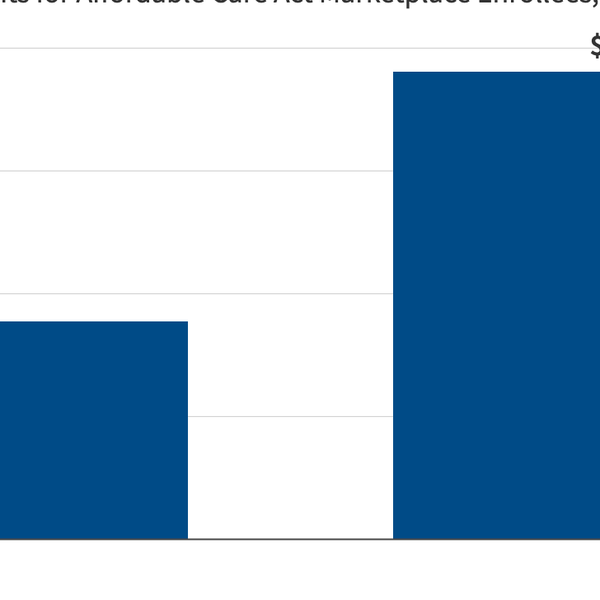
President Obama said last September, “I was elected to end wars, not start them.” Unfortunately, dozens of U.S. senators believe they have a different mandate.
In the aftermath of the historic preliminary nuclear deal forged between Iran and six world powers, lawmakers in both the United States and Iran are doing their best to stop any permanent progress.
A Senate bill supported by 15 Democrats — including Senators Kirsten Gillibrand (D-NY), Cory Booker (D-NJ) and Bob Casey (D-PA) — along with 19 Republican co-sponsors would implement new sanctions on the Persian nation if it doesn’t immediately abandon all uranium enrichment, even for peaceful purposes.
Proposed legislation in the Iranian parliament would immediately increase enrichment beyond terms set in the temporary agreement if new sanctions go into effect.
Threatening to double down on sanctions would make sense as punishment for negotiations failing, but these senators are issuing a punishment for Iran coming to the table and making its first agreement with the international community in years.
“Members of Congress pressing for this bill are effectively choosing to close the door on diplomacy, making it far more likely that we’ll be left only with a military option,” an administration official told the Washington Post‘s Greg Sargent. This contradicts claims from the right that the pressure of more sanctions will force Iran to make an agreement.
While Israeli prime minister Benjamin Netanyahu has argued that Iran’s new president Hassan Rouhani is “a wolf in sheep’s clothing,” his country’s own intelligence suggests otherwise. “Expert analysis does not view Rouhani’s election as a deception by Khamenei intended solely to mislead the West, but rather as an authentic leader who is creating an independent power center,” reports Haaretz’s Amos Harel.
Hardliners could seize on new U.S. sanctions as proof that the outreach of their new president is doomed, ending this historic opportunity.
The end of negotiations may lead to the collapse of the fragile international sanctions regime, leaving America with only two options: military action or containment.
Those demanding an immediate end to enrichment would likely be unsatisfied with any continuation of Iran’s military program, making an attack inevitable and only an invasion could prevent the regime from eventually reconstituting and building a weapon, experts including Kenneth M. Pollack of the Brookings Institution argue.
“So, if stopping the program is important enough for war, is it important enough for an invasion of a nation with almost three times the population of Iraq and nearly four times the size?” conservative columnist George F. Will asks.
Senator Rand Paul (R-KY) has no idea how to help the unemployed but his strategy for dealing with Iran makes a lot more sense than that of his 15 Democratic colleagues — at least in November, when he appeared on Fox News Sunday.
“I haven’t seen what the sanctions are yet, but what I would say is that I am a little bit concerned about having new sanctions in the middle of negotiations,” he said.
The senator went on to say that he might even be willing to pursue containment, a policy that he said worked for 70 years.
As he said that, the rating system Fox uses to illustrate public opinion nosedived and neoconservative heads exploded. The Washington Post‘s Jennifer Rubin said Paul was worse than Obama, as the president has vowed to prevent Iran from getting a nuclear weapon.
The public is opposed to Iran getting a nuclear weapon but it also appears largely in favor of the preliminary deal.
Republicans seized on the war-weariness of the American public to help stop a military strike on Syria. But would the “anti-war” wing of the party be able to drown out the neoconservatives who have been edging toward a war with Iran for decades? Paul has been conspicuously quiet since the preliminary deal was announced.
“For him to endorse the administration’s efforts at Iran diplomacy, when the grassroots of his party would learn to hate ice cream if Obama were associated with it, might qualify him for a chapter in the next edition of Profiles in Courage,” The American Conservative’s Scott McConnell noted.
A coalition of Democrats eager to seem tough on defense and Republicans eager for war led America into the disastrous invasion of Iraq, a country that is now more closely aligned with Iran than ever before and torn by fighting that looks more and more like the resurgence of a briefly squelched civil war.
Hawks argue that containment enforced by mutually assured destruction cannot work with Iran because it supports international terrorism.
“Iran is guided by a leadership with an unbelievable fanaticism,” Netanyahu said on Meet the Press in 2012, when he was in the middle of his campaign for Mitt Romney. “You want these fanatics to have nuclear weapons?”
The loss of Romney and election of Rouhani created the opportunity for peace, as much as hawks both home and abroad may not want to admit that.
The lesson of Iraq is not just that invasion can’t and won’t work, it’s that containment does. Forcing rash decisions that draw us closer and closer to any sort of military conflict with Iran proves we’ve learned nothing from the last decade. That’s not surprising when it comes from Republicans.
But Democrats should know and do better.
Photo: TechCrunch via Flickr








